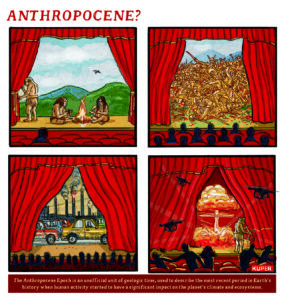Breaking Oil Addiction with Grass and Super-Microbes?
Researchers are developing cheaper and more effective enzymes to break down cellulose into ethanol, turning a wide variety of plant-based materials, including some garbage, into potential energy sources. Looks like using banana peels to power your car might, one day, be not the stuff of Back to the Future fiction but an economically viable solution to the energy crisis.Researchers are developing cheaper and more effective enzymes to break down cellulose into ethanol, turning a wide variety of plant-based materials, including some garbage, into potential energy sources. Looks like using banana peels to power your car might, one day, be not the stuff of Back to the Future fiction but an economically viable solution to the energy crisis.
Your support matters…Wired:
On a blackboard, it looks so simple: Take a plant and extract the cellulose. Add some enzymes and convert the cellulose molecules into sugars. Ferment the sugar into alcohol. Then distill the alcohol into fuel. One, two, three, four — and we’re powering our cars with lawn cuttings, wood chips, and prairie grasses instead of Middle East oil.
Unfortunately, passing chemistry class doesn’t mean acing economics. Scientists have long known how to turn trees into ethanol, but doing it profitably is another matter. We can run our cars on lawn cuttings today; we just can’t do it at a price people are willing to pay.
Independent journalism is under threat and overshadowed by heavily funded mainstream media.
You can help level the playing field. Become a member.
Your tax-deductible contribution keeps us digging beneath the headlines to give you thought-provoking, investigative reporting and analysis that unearths what's really happening- without compromise.
Give today to support our courageous, independent journalists.









You need to be a supporter to comment.
There are currently no responses to this article.
Be the first to respond.